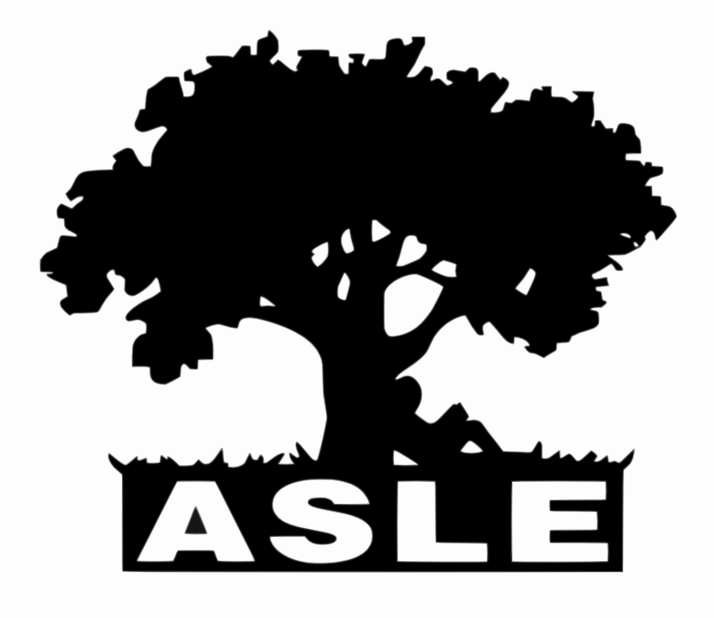|
Seminars and Workshops page
"The shapes of knowledge are always ineluctably local."--Clifford Geertz
Sue Wheeler's poem "Understory" begins in the infiniteness of the infinitive: "To walk out of the field guide / and listen. To wait / for the world to approach with its dapple and hands." Don McKay, in Vis a Vis, writes about the state of mind he calls poetic attention : "Even after linguistic composition has begun, and the air is thick with the problematics of reference, this kind of knowing remains in touch with perception, . . . will keep coming back to the trail." Wheeler and McKay might be trying to articulate the prompts for this workshop. It hopes to approach, in the way of the infinitive, some verbal notion not yet subject-ed, not yet time-ed. And although we and it are made of language, it wants to listen to what the world outside of (human) language systems might be saying.
The workshop will describe and enact an "experiment" in ecocriticism. I am convinced that the best way to encounter this relatively new field of English studies is by leaving English studies behind, by beginning with the sustained study of a species of flora or fauna, one that surprises for having been randomly selected, not chosen on the basis of whatever preconception. Each participant will be assigned in advance a particular species and be asked to consider its habitat--in the fullest sense--in some imagining of how to push literary research into anthropology and ethnography, folk music, theatre, economic, geographical and political history, film and the visual arts. But surely, and most essentially, into the sciences: into botany and zoology, lichenology and entomology, especially into ecology.
This workshop, a micro version of a seminar I have offered in several iterations since 1999, will appeal (I hope) especially to those with an interest in innovative approaches to ecocentric, bioregional pedagogy that might be smuggled into a traditional department of English. Rain or shine, a significant part of our time will be devoted to a "field trip" within the UVic campus. So, perhaps 2/3 of the species to be assigned will be those we might see up close, or apprehend, in or near the west coast rain forest. And, then, just to extend things, a few of our species will have nothing whatever to do with the immediate habitats of southern Vancouver Island.
OK, we can't possibly do all of this in three hours, but we can get 15 intriguing takes on the possibilities and problems of such a venture. Also, I will show you what some others have done with such a challenge. And don't despair: this is also a workshop for those who have been transformed and transfixed by literature and by great teachers of literature. The idea is not to abandon your love of poetry. Indeed you must be ready to walk out and listen--somewhere the other is speaking. I want you to break away from what you thought literary study was, lose yourself, and then find your way back by becoming a poet.
The texts for the workshop will be the ones the participants discover and share with the group in the short time we will have together.
Workshop Leader
Laurie Ricou is a Professor of English at the University of British Columbia. He is a former president of the Western Literature Association and former editor of Canadian Literature. He is the author of Salal: Listening for the Northwest Understory, The Arbutus/Madrone Files: Reading the Pacific Northwest, A Field Guide to "A Guide to Dungeness Spit," Everyday Magic: Child Languages in Canadian Literature, and Vertical Man/Horizontal World: Man and Landscape in Canadian Prairie Fiction.
Seminars and Workshops page
|
|
|



